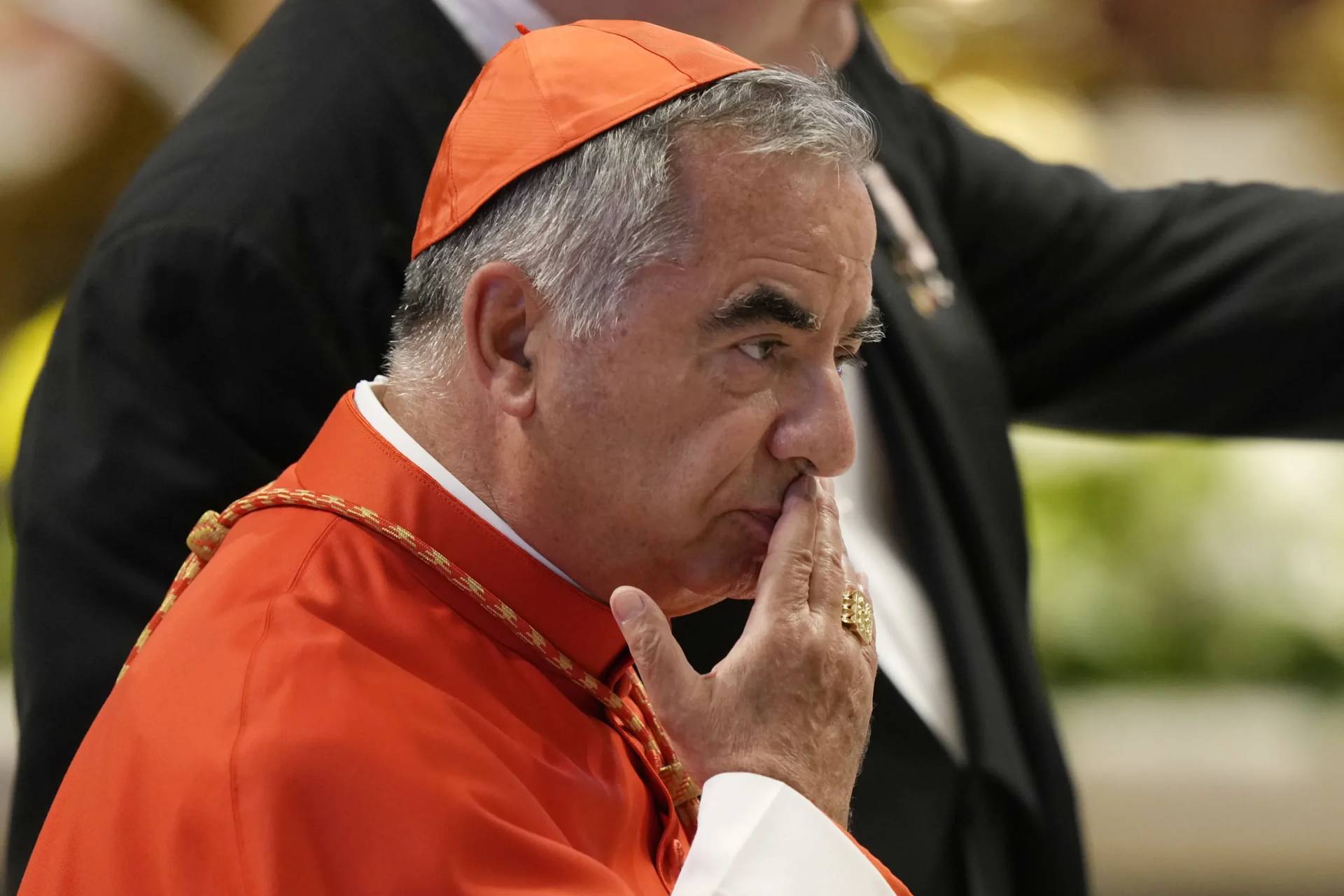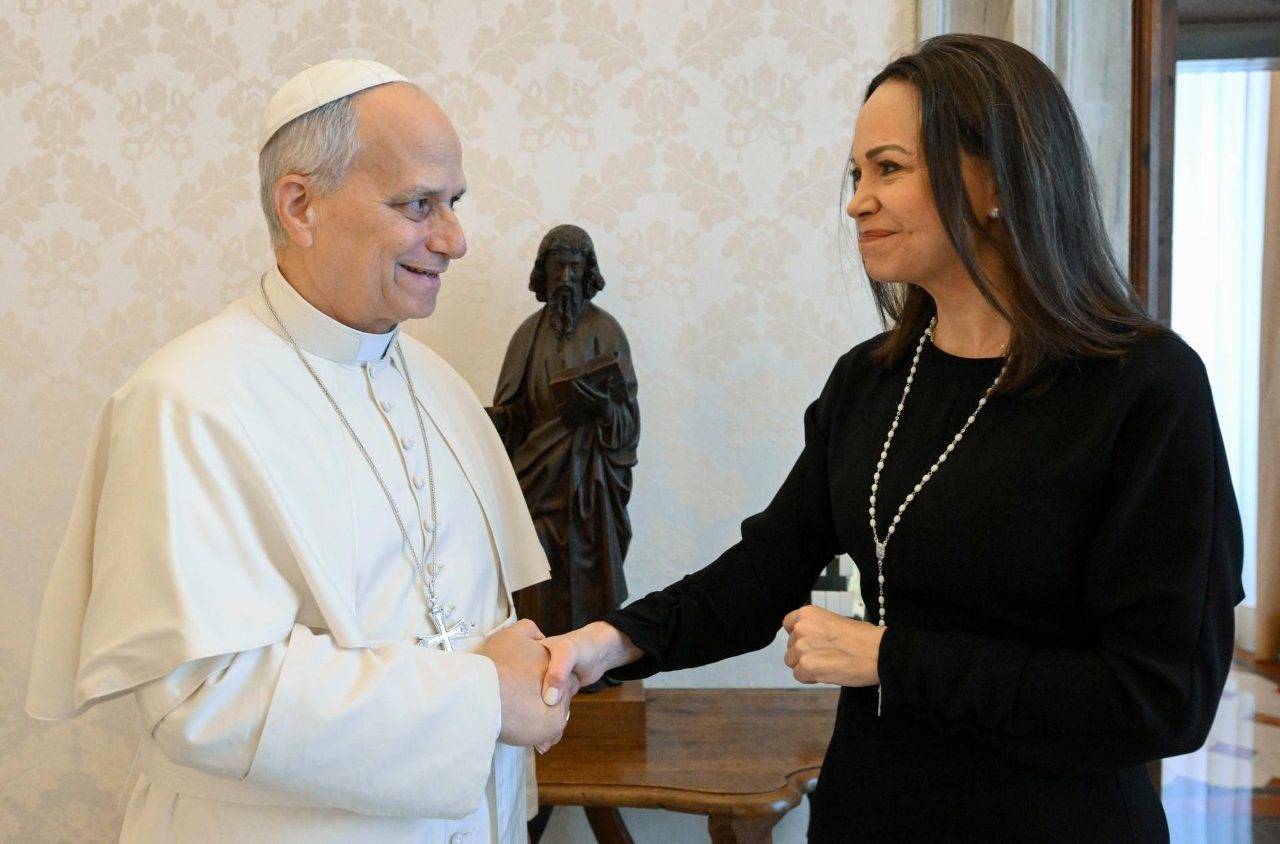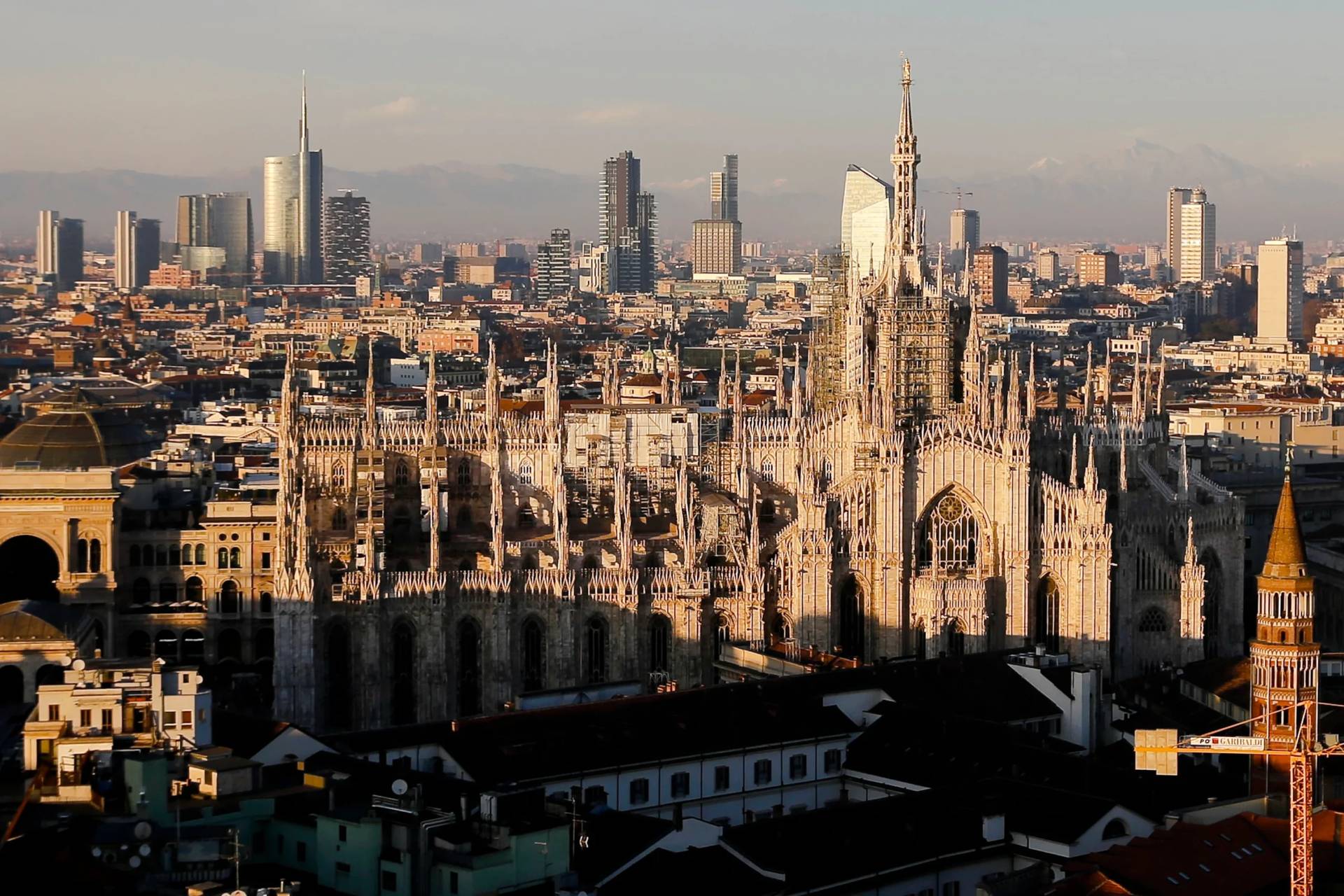Some great spiritual writers have produced their best writing in jail, or right after release from jail. One of them, though not particularly well known, is Walter Ciszek, a Jesuit priest from Pennsylvania who conducted secret missionary work in the Soviet Union between 1939 and 1963.
For nearly 20 years, his family, and the Jesuits, believed him dead. Falsely accused as a spy, he was imprisoned and tortured, endured solitary confinement, slave labor in Russian coal mines, Moscow’s infamous Lubyanka prison, and even the concentration camps of the Gulag archipelago, which Aleksandr Solzhenitsyn, in his famed book of that name, compared to “a sewer system” down which millions were flushed.
Yet during all that time, Ciszek continued to pray, say Mass, and hear confessions, mainly in secret, and to buoy the spirits of his fellow prisoners. In exchange for a Russian jailed in the United States, he was finally released and returned home in 1963. He then wrote two books, “With God in Russia” and “He Leadeth Me,” a memoir. He wrote much about the power of prayer, which “reaches beyond all efforts of man seeking to find meaning in life. This power is available to all; it can transform man’s weaknesses, limitations and his sufferings.”
But a major theme was how surrendering to God relieves all worry, anxiety, and fear. Such surrendering, no doubt, enabled him to emerge from his hellish ordeal not just unbroken, but inspired.
Here are a couple of famous Ciszek passages:
I realized God’s will was not hidden somewhere ‘out there’ but that the situations in which I found myself were His will for me. He wanted me to accept those situations as from His hands, to let go of the reins and place myself entirely at His disposal. He was asking of me an act of total trust, allowing for no interference or restless striving on my part, no reservation, no exceptions, no areas where I could set conditions or hesitate. He was asking a complete gift of self, nothing held back. It demanded absolute faith in God’s existence, providence, his concern for the minutest details, his power to sustain and protect me. It meant losing the last hidden doubt, the fear that God will not bear you up. Like the eternity between anxiety and belief when a child first lets go of all support — only to find that the water truly holds him up and he can float motionless, and totally relaxed.
And this:
Across that threshold I had been afraid to cross, things suddenly seemed so very simple. There was but a single vision, God, who was all in all; there was but one will that directed all things, God’s will. I had only to see it, to discern it in every circumstance in which I found myself, and let myself be ruled by it. God is in all things, sustains all things, directs all things. To discern this in every situation and circumstance, to see His will in all things, was to accept each circumstance and situation and let oneself be borne along in perfect confidence and trust. Nothing could separate me from Him because He was in all things. No danger could threaten me, no fear could shake me, except the fear of losing sight of Him. The future, hidden as it was, was hidden in His will and therefore acceptable to me no matter what it might bring. The past, with all its failures, was not forgotten; it remained to remind me of the weakness of human nature and the folly of putting any faith in self. But it no longer depressed me. I looked no longer to self to guide me, relied on it no longer in any way, so it could not again fail me. By renouncing, finally and completely, all control of my life and future destiny, I was relieved as a consequence of all responsibility. I was freed thereby from anxiety and worry, from every tension, and could float serenely upon the tide of God’s sustaining providence in perfect peace of soul.
Five years after his 1984 death — 21 years ago this month — The Father Walter J. Ciszek Prayer League began campaigning for his canonization. More information about that effort, and this remarkable priest and writer, is available there.















